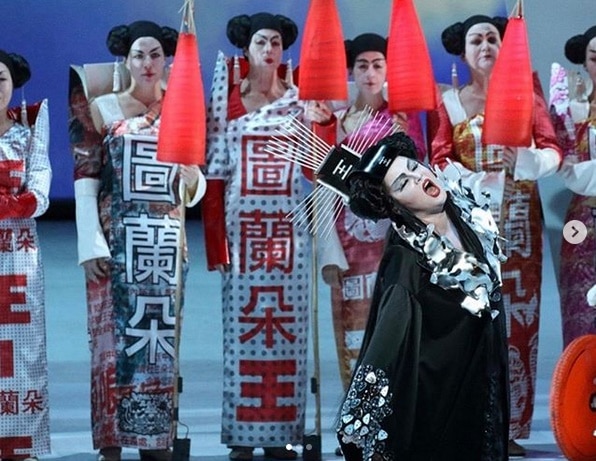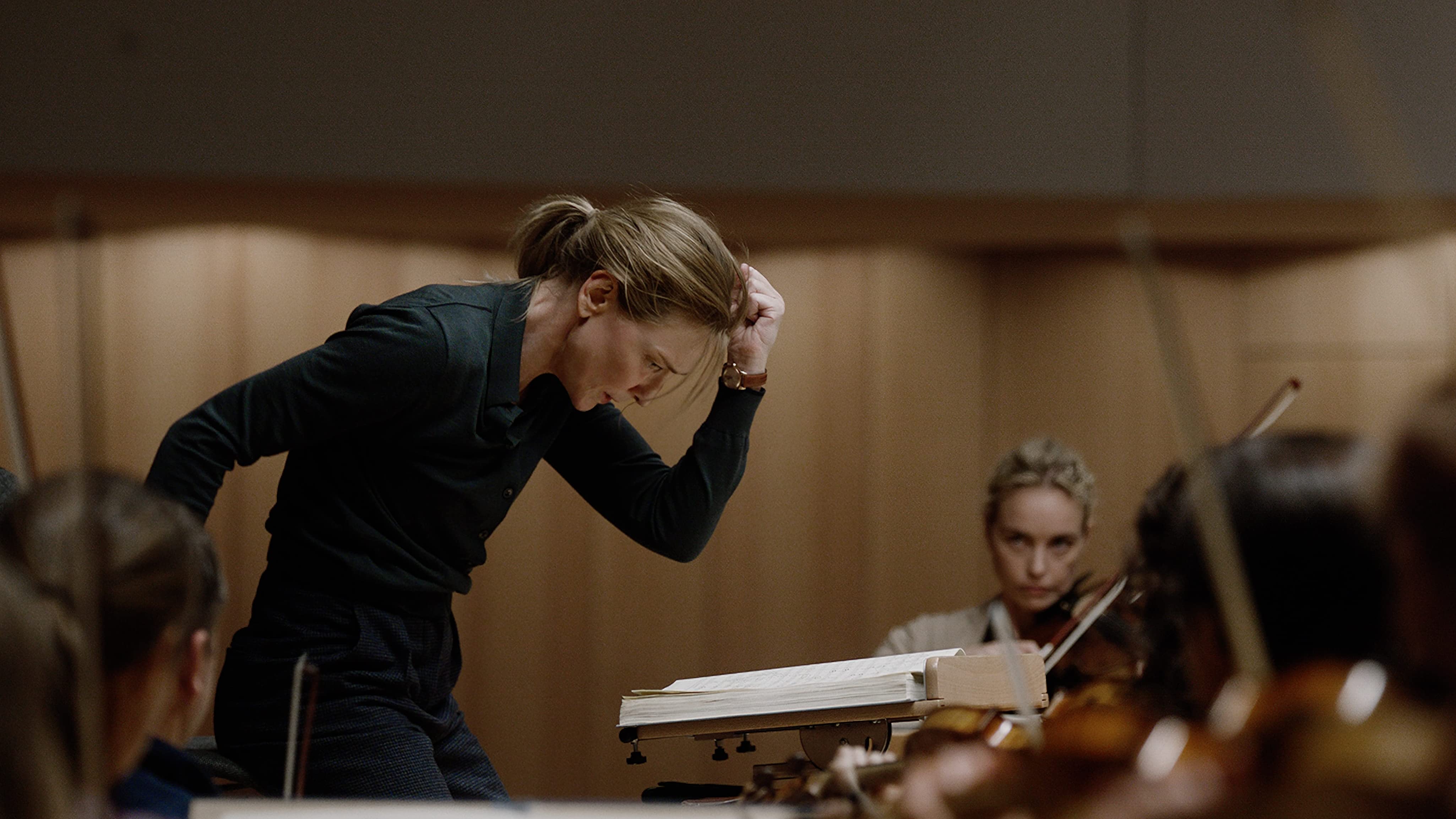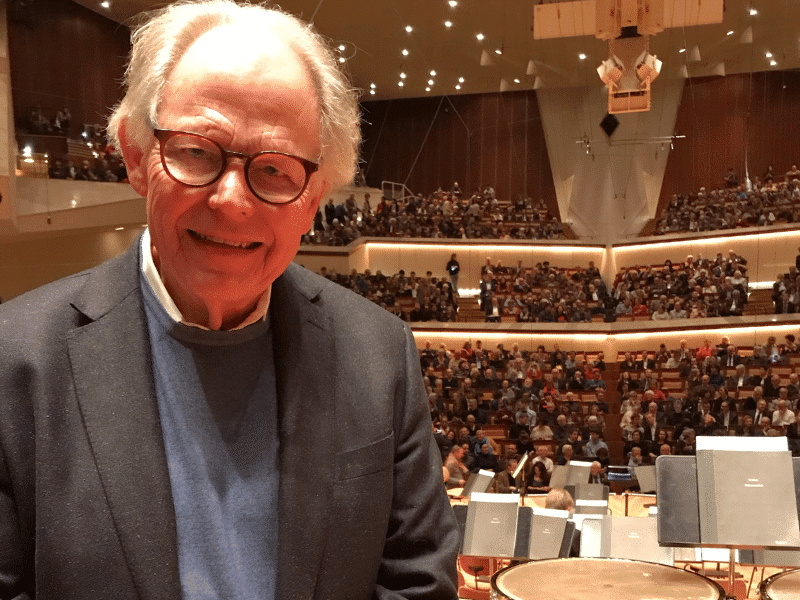The last Chinese on the opera stage
mainAs virus hatches are battened and China goes off the music map for the next month and more, this is what we have left:

Anna Netrebko’s Turandot in Munich.
Can anyone translate those quirky costumes?

As virus hatches are battened and China goes off the music map for the next month and more, this is what we have left:

Anna Netrebko’s Turandot in Munich.
Can anyone translate those quirky costumes?
For 38 consecutive years, the Last Night of…

Having slashed the executive team last July, the…

Hollywood’s Australian superstar, 55, has had it up…

Bob Bell gave almost 70 years of his…

Session expired
Please log in again. The login page will open in a new tab. After logging in you can close it and return to this page.
Comments